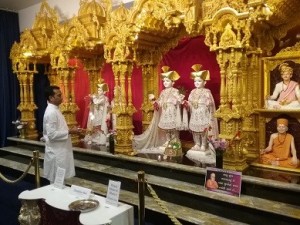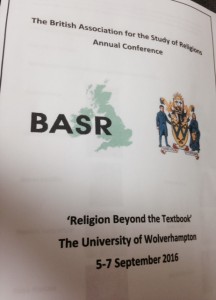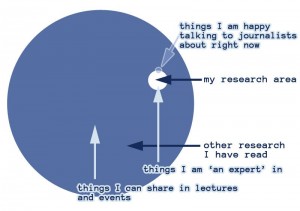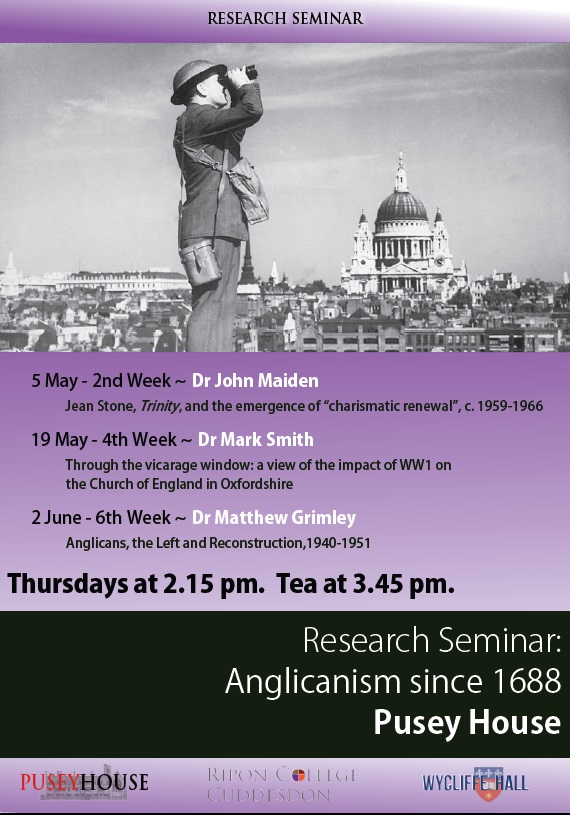Church growth and decline in the Anglican communion: 1980 to the present-day:
Author Archives: admin
Researching Occupy camps in London and Hong Kong
Paul-Francois Tremlett, Senior Lecturer in Religious Studies, investigates the move from Representation to Evocation in the Occupy movement: http://www.open.ac.uk/ccig/blogs/methods-in-motion-blog-9-paul-francois-tremlett-researching-ritual-and-democracy 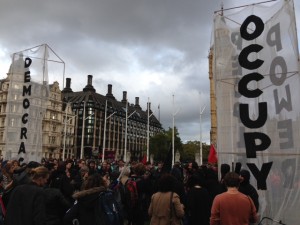
[image by Paul-Francois Tremlett]
A Harvest of Fieldwork
As I recover from another academic conference, and contemplate the news that I’ve been awarded university funding to go full-time on my PhD here with the Open University, I’m looking back over an epic summer. This was my first sustained fieldwork experience after a number of exploratory visits to sites in previous years.
My research project investigates diverse, post-lineage forms of modern yoga practice, in some unusual environments. My focus is in part the practice itself – what it looks like and how it is experienced – but also the culture that sustains it. Mostly, that means immersing myself in a series of camps and small festivals held over the rather short British summer. It’s a culture I knew already a little, but this summer took my understanding of my subject, and the process of fieldwork itself, to a whole new level.
On the death of a guru
On the 13th of August 2016, Pramukh Swami, the President and guru of the transnational Hindu movement Swaminarayan BAPS, died in his 95th year. Just over two weeks earlier, I had been doing a recce in the Swaminarayan BAPS Mandir (temple) in Preston for a film sequence we are making for our latest module (Exploring Religion). The devotion of members of the community to their guru was evident in almost everything they said. Even more poignant in the light of events was their hope that, although Pramukh Swami had been in poor health for some years, they would yet have the joy of celebrating his 100th birthday in five years’ time.
I only learnt of Pramukh Swami’s death when the community contacted us to postpone the actual filming. What struck me almost immediately was that I had not learnt of this through the British media. Still in the media’s so-called ‘silly season’ during the peak holiday period and the summer recess of parliament, I checked with several people closely involved in the study of religions, but none recollected having seen or heard any mention of Pramukh Swami’s death in the British media. Newspapers in India, of course, were full of the news of the death of this major Hindu personality. I did come across tweets of condolence from a few British politicians, including the Prime Minister and the Leader of the Opposition, and later found an appreciation of Pramukh Swami’s life by Mark Tully (dated 29th August) in the online Guardian. But I waited in vain for wider coverage in the British media, other than in outlets specifically designed to serve British Asian communities such as Asian Image and Eastern Eye.
The British Hindu community, although often said to lack the media profile of some other religious groups in Britain, is a large and active one. Swaminarayan BAPS is currently the most dynamic strand of the Swaminarayan tradition with a highly visible presence in Britain because of its flagship mandir in Neasden (inspired by Pramukh Swami). Pramukh Swami, who had led Swaminarayan BAPS as President (from 1950) and then guru since 1971, had a global standing, and not just because of his temple-building, which had earned him a place in the Guinness Book of Records. Just as many Britons now have known no monarch other than Queen Elizabeth II, who came to the throne in 1952, so too, many Swaminarayan BAPS devotees have lived their whole lives under the inspiration and guidance of this one guru.
The limited interest shown by the media in Britain in the death of Pramukh Swami, an event of monumental significance for a large number of British Hindus, is surely revealing. Not about ISIS nor the wearing of burqas nor about gender and sexual politics in the Church of England, perhaps his death simply was not deemed ‘newsworthy’? Odd, really, when accounts of transgressions by gurus in India have previously found their way into British newspapers, although these gurus have had far less impact on British society than Pramukh Swami.
[I have delayed this blog as it would have been inappropriate to post this kind of reflection in the days immediately after the death of Pramukh Swami, although this is the period to which the blog refers.]
Gwilym Beckerlegge
IHR Modern Religious History seminar
Some of you may be aware of the Modern Religious History seminar at the Institute of Historical Research, which is convened by two members of the department – John Wolffe and John Maiden. The autumn series has now been confirmed, below.
Modern Religious History seminar
Autumn term, 2016-17
The seminar is held in the Olga Crisp room (N102) at the IHR, at 5.15pm. We usually go for drinks, followed by dinner, after the talk.
2 November – Dr Roland Quinault (IHR): Gladstone and the Roman Catholic converts.
16 November – Dr Andrew Holmes (Queen’s, Belfast): The United Kingdom as an Ulster-Scottish project: Presbyterianism, literature, and politics in the nineteenth century.
30 November – Dr Michael Ledger-Lomas (KCL): Faith and scholarship in Victorian England: Henry Wace and the Dictionary of Christian Biography (1877-87).
14 December – Dr Uta Balbier (KCL) “Praying for Billy”: religious practice and the shaping of a transnational evangelical community during the Billy Graham Crusades, 1950-1960.
BASR 2016!!
Apply for fully-funded PhD studentships at the OU
To mark the launch of our Graduate School in October 2016, The Open University is making a strategic investment in up to 30 PhD studentships. As part of this initiative, the Faculty of Arts and Social Sciences is keen to receive applications for studentships in history/historical studies or sociology (both broadly defined to include historical and/or sociological approaches to any area of the Arts and Social Sciences). Open University Graduate School PhD studentships will cover full fees and stipend (currently £14,057 p.a.) for 3 years commencing October 2016 (or shortly thereafter). Applications are invited from both UK and EU citizens for full-time study.
Specialist expertise in religious history in the Religious Studies department at the OU includes evangelical and charismatic movements in the 19th and 20th century North Atlantic world, modern Hinduism, historical approaches to religious conflict, and the history of pilgrimage.
You can find out more information here – http://www.open.ac.uk/Arts/research/funded-studentships.shtml
Expertise and engagement
The following article is by a Ph.D student in the department:
My name is Theo Wildcroft, and I’m currently undertaking a doctoral research project looking at unusual forms of modern yoga practice.
One funny thing about doing a PhD is that you enter into the status of An Expert. By the end of the process, you should know more than anyone about this one tiny area you’ve studied in a very specific way. And PhDs can be very tiny and deep in scope. So one of the first tasks of the research project is to draw a line around what it’s possible and interesting for you to study, and in what way.
Star Wars
Yesterday was Star Wars day. Can Jediism be classed as a religion, or is it merely a cultural fad?
http://www.open.edu/openlearn/whats-on/events/star-wars-vii-can-jediism-be-classed-religion

